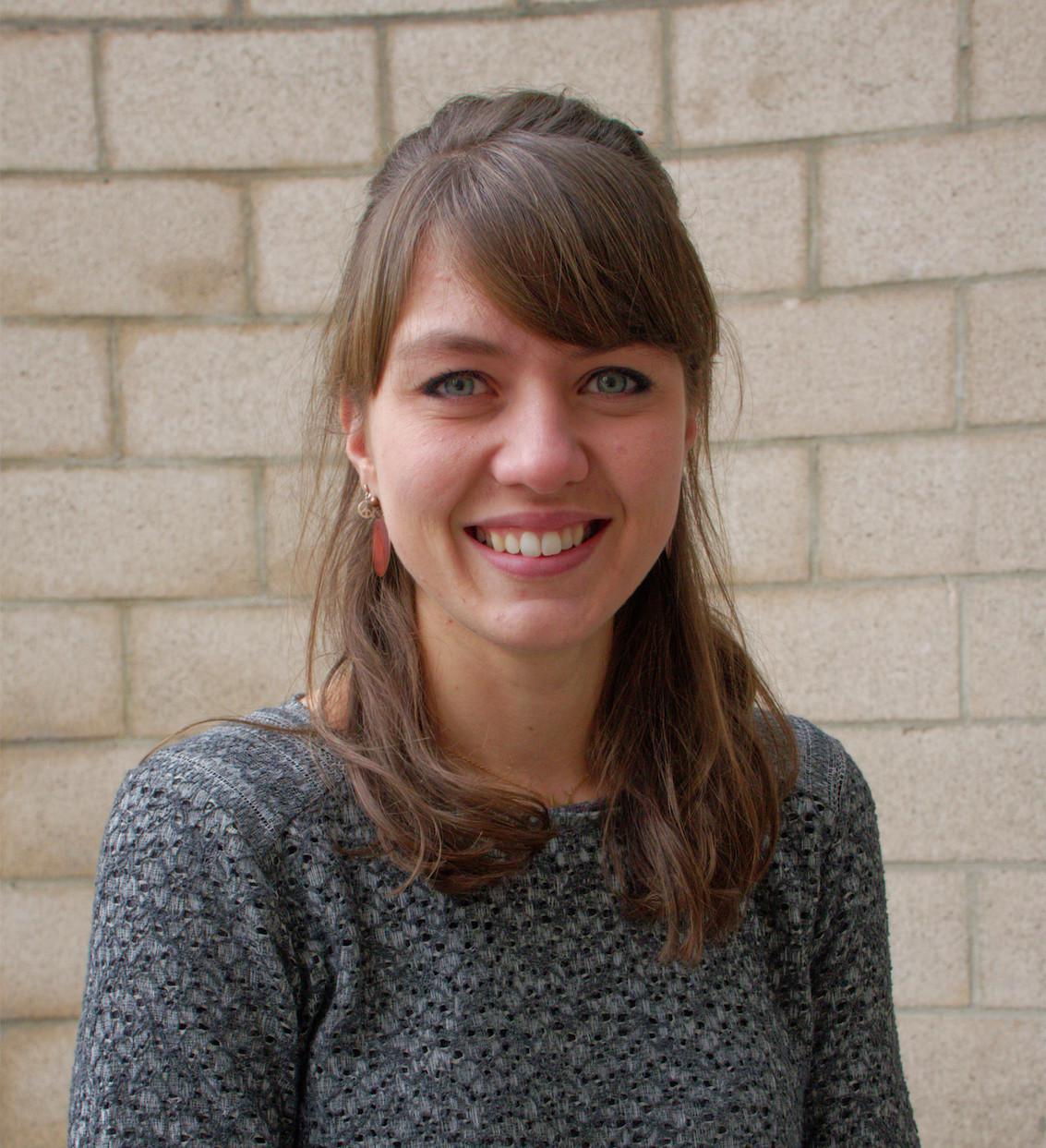Manon Roeland | Local on-site Group, Berlin/Germany
“After a three-year of formation as a trainee teacher in Louvain-la-Neuve (Belgium) to become a teacher of French and French as a foreign language, I was hired in a Freinet (*) school in Brussels (Belgium): De l'Autre Côté de l'École (A.C.E.). I have now been working there for a little over three years and I love the reflection around this incredible pedagogy.”
The Freinet pedagogic approach of Manon’s school, may be illustrated by the following interdisciplinary project conducted in 2019 :
A memorial research project on the theme of the Tutsi genocide was conducted in the school A.C.E. (coordinator: Guillaume Bossuroy) where students worked for three months in geography, history and philosophy classes. The project ended with a television debate with a student and her professor on the national TV channel RTBF and an art workshop led by Berlin artist Roman Kroke.
“This year I decided to take a break from my career to invest in personal projects. Through travelling and meeting people I would in particular like to reflect on different ways of living. I would also like to take time to read and create.
What makes me excited to get involved in the LIVING MEMORIAL project is the reflection on a memorial which is alive. I really like this antagonism which connects the idea of a tribute to people who have experienced horror with the concept of life, bringing light where there was only darkness. I am also very curious to explore the historical and artistic approach of the project.”
* * *
(*) The Freinet pedagogy was developed by Célestin Freinet in France during the period between World War I and II. Central pillars of Freinet's pedagogy: (1) Pedagogy of work (pédagogie du travail): pupils were encouraged to learn by making products or providing services; (2) Enquiry-based learning (tâtonnement expérimental): group-based trial and error work; (3) Cooperative learning (travail coopératif): pupils were to co-operate in the production process; (4) Centres of interest (complexe d'intérêt): the children's interests and natural curiosity are starting points for a learning process; (5) The natural method (méthode naturelle): authentic learning by using real experiences of children; (6) Democracy: children learn to take responsibility for their own work and for the whole community by using democratic self-government. More about the pedagogical ideas of Célestin Freinet: CLICK

